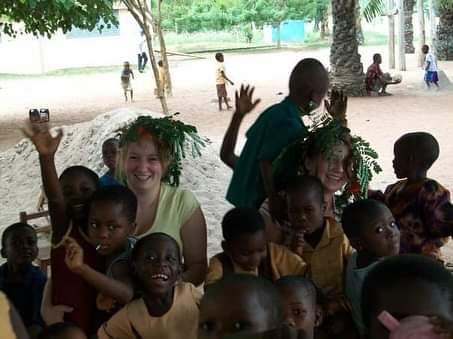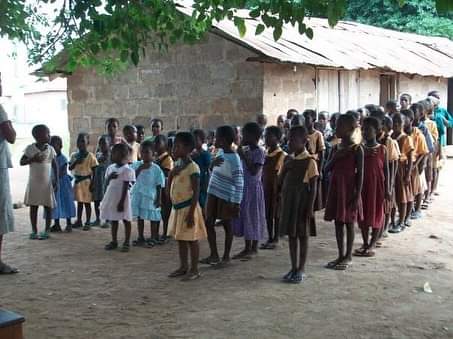

The teaching and orphanage placement take place in urban areas of our project destinations. Because orphanage children are mostly at school during the day, we offer volunteers the opportunity to combine these two projects as they are both centred on children. Interaction with children in an orphanage, outside of school hours, is still deemed to be educational but in a less formal setting.
Teaching component:
The school syllabus is provided by the Ministry of Education under each country’s government structure. If you already have some teaching experience, this will determine the level of students you will be assigned to teach. Even if you have no previous teaching experience, we will arrange with the head teacher of the school for you to teach the younger classes, mainly the kindergarten children, aged 4 years and below, and / or in the primary schools, where ages range between 5 and 10 years. Please note that in most parts of Africa, due to a range of factors, not all children in a particular class will necessarily be around the same age.
Mostly, you will find teaching being done in English, however, in some schools, local dialects are used instead, in order to assist pupils to easily comprehend a particular subject area. The regular class teacher will help you in class where such difficulties occur. They will also provide general guidance and assistance with your teaching.
Orphanage childcare component:
Greenfield works with specific orphanages. In the urban parts of Ghana, these are known as residential homes. The role of volunteers in an orphanage would be to help with general childcare, and to supervise and organise activities for children like playing games, reading stories, arts and crafts, etc.